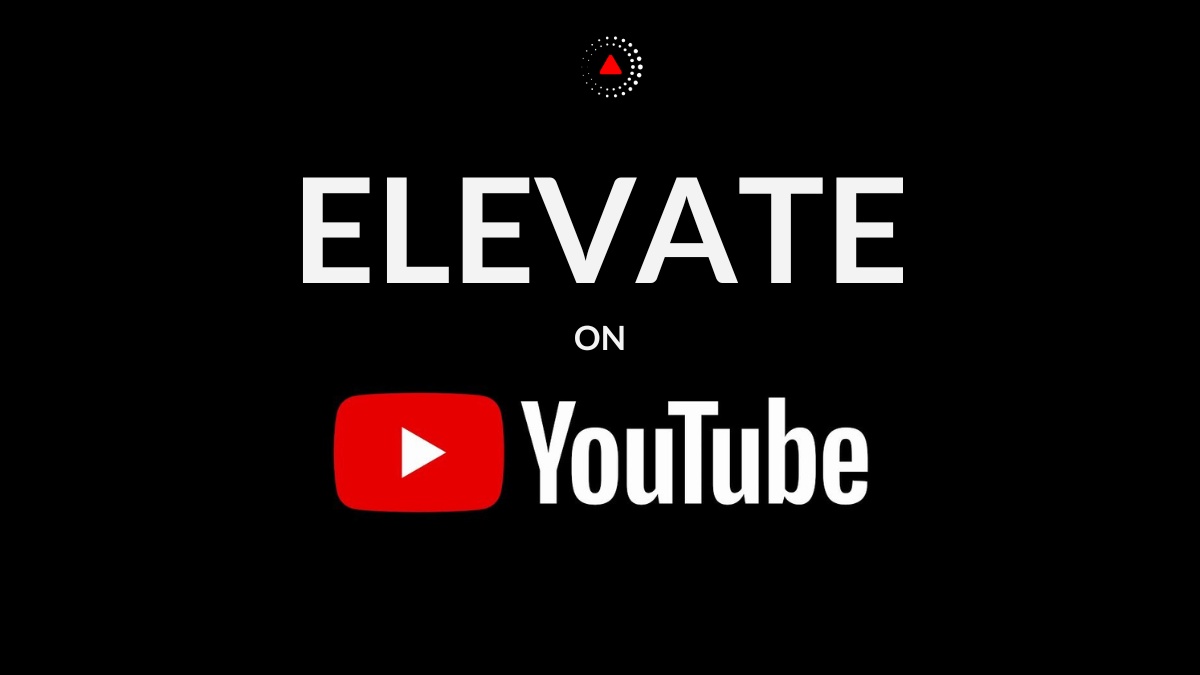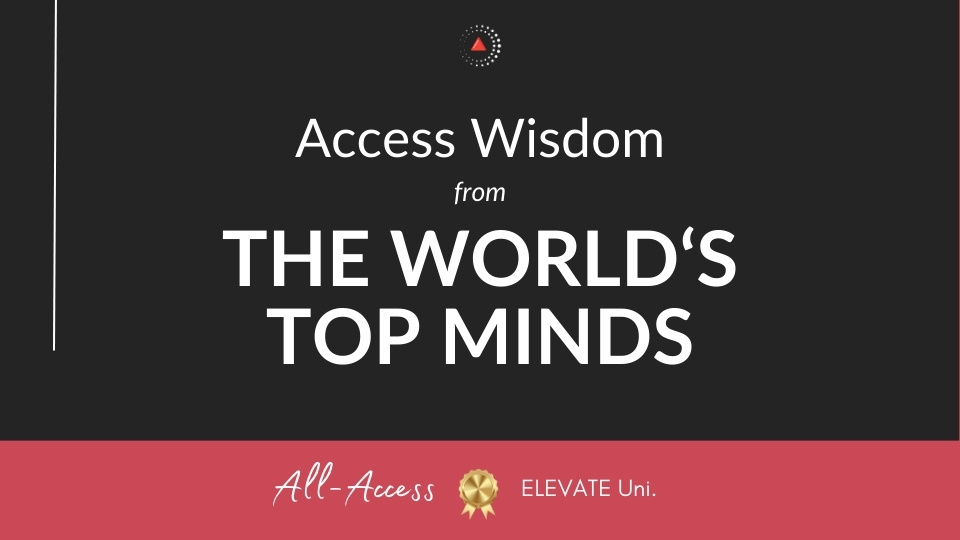If we open a quarrel between past and present, we shall find that we have lost the future.
What's the meaning of this quote?
Quote Meaning: This quote emphasizes the dangers of getting caught up in conflicts and divisions between the past and the present. It suggests that dwelling too much on past grievances or resentments can hinder progress and prevent us from moving forward into a brighter future.
The message behind this quote lies in the importance of reconciling with the past and focusing on building a better future. It implies that getting caught up in arguments, blame, or a sense of victimhood related to historical events or personal history can create a cycle of negativity and stagnation. Instead, it encourages us to acknowledge the past, learn from it, and find ways to bridge the gaps and move forward together.
By emphasizing the potential loss of the future, the quote underscores the idea that our energy and resources are better spent on finding common ground, seeking understanding, and working towards positive change. It promotes a forward-looking mindset that prioritizes collaboration, unity, and the pursuit of shared goals, rather than being consumed by past grievances or divisions.
Moreover, this quote suggests that true progress and growth come from embracing the lessons of the past while focusing on creating a brighter future. It invites us to let go of the burdens of history that can hold us back and instead channel our energies into building a more inclusive, compassionate, and harmonious world.
Who said the quote?
The quote "If we open a quarrel between past and present, we shall find that we have lost the future." was said by Winston Churchill (Bio / Quotes). Winston Churchill was a British politician, statesman, and writer who is widely regarded as one of the greatest leaders in modern history.
Applying the quote to your life
Unlock Churchill's wisdom and apply it to your life by getting the in-depth Winston Churchill Workbook & Study Guide, complete with top quotes, insightful commentary, reflective questions, and practical uses for everyday life.
To apply more wisdom, get the All-Access Pass, which includes hundreds of study guides from the world's top minds. These include deep insights from individuals such as Nelson Mandela, Steve Jobs, and Albert Einstein, as well as some of the top authors and personal development books.
What are Winston Churchill's Best Quotes?
Watch on Elevate's YouTube channel and be sure to subscribe for more wisdom and insights from the world's top minds.
Subscribe on YouTube to get the latest quote videos delivered straight to you:
How can the quote be applied in a real-life scenario?
This quote by Winston Churchill emphasizes the importance of not dwelling excessively on the past or resisting change in favor of the status quo. It can be applied to real-life scenarios in the following ways:
Historical Conflicts and Reconciliation: In the context of nations and cultures, this quote underscores the need to address historical grievances and conflicts without allowing them to hinder progress. Dwelling on past conflicts can lead to ongoing animosities and impede the development of a peaceful and prosperous future.
Application: Countries and communities can strive to reconcile their historical differences through diplomacy, dialogue, and acknowledgment of past wrongs, fostering an environment conducive to cooperation and progress.
Personal Growth and Adaptation: On a personal level, this quote encourages individuals to let go of past mistakes or regrets and embrace change and personal growth. Holding onto past grievances or missed opportunities can hinder one's ability to move forward and seize new opportunities.
Application: Individuals can practice forgiveness, learn from their past experiences, and be open to change and personal development to create a more promising future for themselves.
Innovation and Progress: In the realm of technology and innovation, resisting change by clinging to outdated practices or technologies can stifle progress. This quote reminds businesses and industries that embracing new ideas and technologies is essential for remaining competitive and driving innovation.

Application: Companies should encourage a culture of innovation, invest in research and development, and be willing to adapt to changing market dynamics to secure their future success.
Political and Social Movements: This quote can also apply to political and social movements. It suggests that focusing too much on historical grievances or divisions can hinder progress towards a more inclusive and equitable future. Acknowledging past injustices is crucial, but it should not prevent efforts to create a better society.
Application: Advocates for social change can balance the need to address historical injustices with a forward-looking approach that promotes unity and cooperation among diverse groups.
In summary, Winston Churchill's quote serves as a powerful reminder that dwelling on the past or resisting change can hinder the path to a better future. It encourages individuals, communities, and societies to strike a balance between acknowledging history and embracing the opportunities that lie ahead, ultimately working towards a brighter and more promising future.
Is there a historical example that illustrates the message of the quote?
The quote by Winston Churchill highlights the importance of maintaining continuity and perspective between different eras of history to ensure a better future. A historical example that illustrates this concept is the process of reconciliation and nation-building in post-apartheid South Africa.
After decades of racial segregation and oppression under apartheid, South Africa underwent a profound transformation with the end of apartheid in the early 1990s. This pivotal period in South African history marked the transition from a racially divided society to a multiracial democracy. Nelson Mandela, who had spent 27 years in prison for his anti-apartheid activities, was released in 1990 and played a crucial role in leading the nation toward reconciliation.
The Truth and Reconciliation Commission (TRC) was established in 1995 as a means of addressing the atrocities and human rights abuses committed during the apartheid era. Rather than seeking vengeance or retribution, the TRC aimed to provide a platform for victims and perpetrators to share their stories and seek forgiveness and reconciliation.
This process required acknowledging the painful truths of the past, from acts of violence to systemic discrimination. However, it also emphasized the need to focus on the future and the creation of a united, democratic South Africa. Nelson Mandela's leadership during this period exemplified the importance of transcending the quarrels between past and present to build a more inclusive and equitable future.
The approach of reconciliation in South Africa demonstrated that while acknowledging historical injustices is essential, dwelling solely on past grievances can hinder progress and impede the development of a better future. By finding a balance between addressing the past and working toward a shared vision of the future, South Africa made significant strides in its journey toward healing, unity, and democracy. This example illustrates Churchill's point that dwelling on past conflicts can jeopardize the path to a brighter future.
Chief Editor
 Tal Gur is an author, founder, and impact-driven entrepreneur at heart. After trading his daily grind for a life of his own daring design, he spent a decade pursuing 100 major life goals around the globe. His journey and most recent book, The Art of Fully Living, has led him to found Elevate Society.
Tal Gur is an author, founder, and impact-driven entrepreneur at heart. After trading his daily grind for a life of his own daring design, he spent a decade pursuing 100 major life goals around the globe. His journey and most recent book, The Art of Fully Living, has led him to found Elevate Society.




























